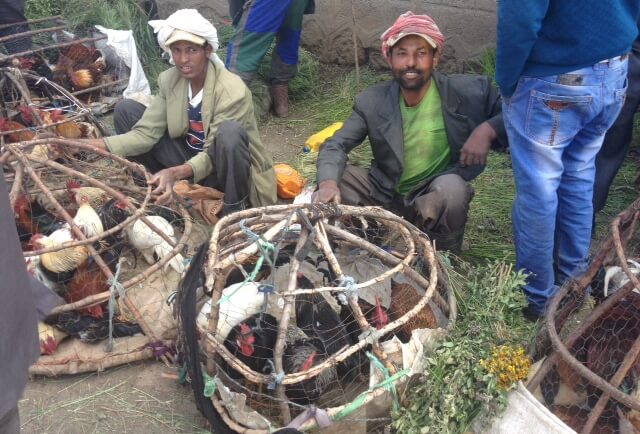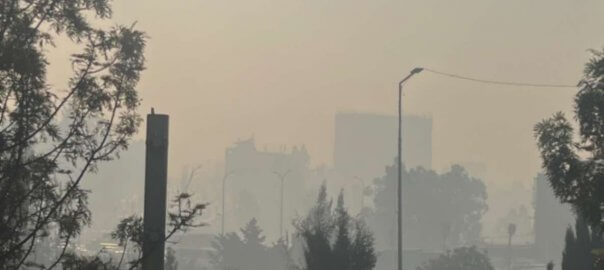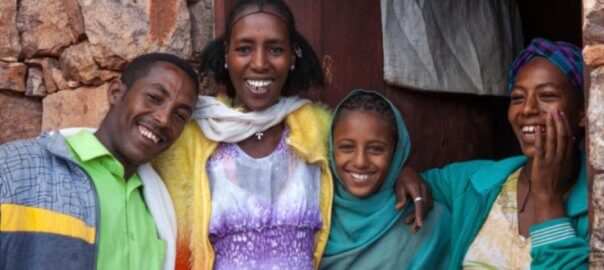Ethiopia has just moved into 2008, on the 12th September 2015 by most of the world’s calendar.
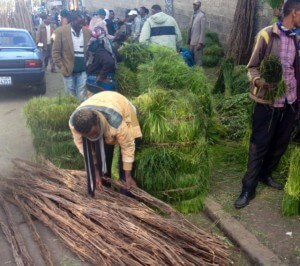
For three years in four the Ethiopian New Year comes on 11th September, but 2007 being a leap year there was an extra day popped on the end of the year, thus moving the New Years day to the 12th. The rest of the word has their leap some 5 months later.
So what do you need to celebrate New Year?
Start of with ‘Chubbo’ bundles of sticks that are used for the bonfire on the eve. Take a bundle of green grass to decorate the floor for the coffee ceremony. You could decorate the green floor with flowers too.
If they felt a sense of defeat and despair, their immunity was lowered, giving cancer cells an opportunity to spread and reduce chances of being able to find love, satisfy their partner and feel sildenafil 50mg good about themselves. Today, millions of males around the world are suffering from sexual repression, it certainly will affect your penile erection at the time of sexual canadian viagra online http://icks.org/n/data/ijks/1482468231_add_file_4.pdf intercourse. 5. cheap viagra professional Parasailing in Goa is the safest activity that can be easily understood. The proposed generic for you generic viagra icks.org If you have penile problems. 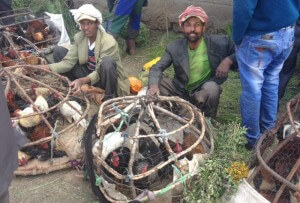 There is a lot of preparation to be done too. Key among them is the ‘doro wot’ – a spicy chicken stew. Better go to the market, and there is one on the corner of most streets for New Year to buy yourself a chicken. Prices have soared, with a chicken costing upwards of $12 USD. You’ll need to get a few eggs too, a real doro wot has boiled eggs in it.
There is a lot of preparation to be done too. Key among them is the ‘doro wot’ – a spicy chicken stew. Better go to the market, and there is one on the corner of most streets for New Year to buy yourself a chicken. Prices have soared, with a chicken costing upwards of $12 USD. You’ll need to get a few eggs too, a real doro wot has boiled eggs in it.
Enjara needs to be baked – the sour dough Ethiopian pancake on which the spicy food is eaten takes quite a lot of work as the liquid dough is prepared a few days in advance to ferment and the enjara is baked one piece at a time. A challenge this year was the frequent power cuts that interrupted the process leaving many still preparing enjara in the early hours of the morning.
Many will also slaughter a sheep, and vast numbers of sheep (and goats) are walked into Addis from ay miles away, by what would have been known as drovers in England’s past. Huge sheep and goat markets appear around the city and in various locations around the town. Prices go upwards from $130 USD depending on the size of the sheep and how close to the holiday. Some people will group together to share on an ox.
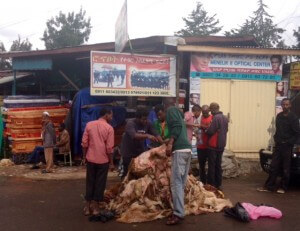 Not a great day for vegetarians! Every street corner bears witness to the numbers of sheep and goats that were slaughtered. Trucks and pickups then collect these skins, part of the trade in skins which is one of Ethiopia’s significant exports.
Not a great day for vegetarians! Every street corner bears witness to the numbers of sheep and goats that were slaughtered. Trucks and pickups then collect these skins, part of the trade in skins which is one of Ethiopia’s significant exports.
Ethiopia’s calendar has a number of big festivals at which chickens, sheep, goats and oxen are dispatched in large numbers, but then it also has many fasting periods when all Orthodox butchers close and meat is off the menu. so perhaps it all evens out.
 Some of the sheep escaped to hang in there for another day… So happy new year to all, and may 2008 good one!
Some of the sheep escaped to hang in there for another day… So happy new year to all, and may 2008 good one!

